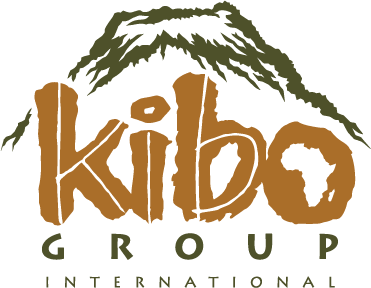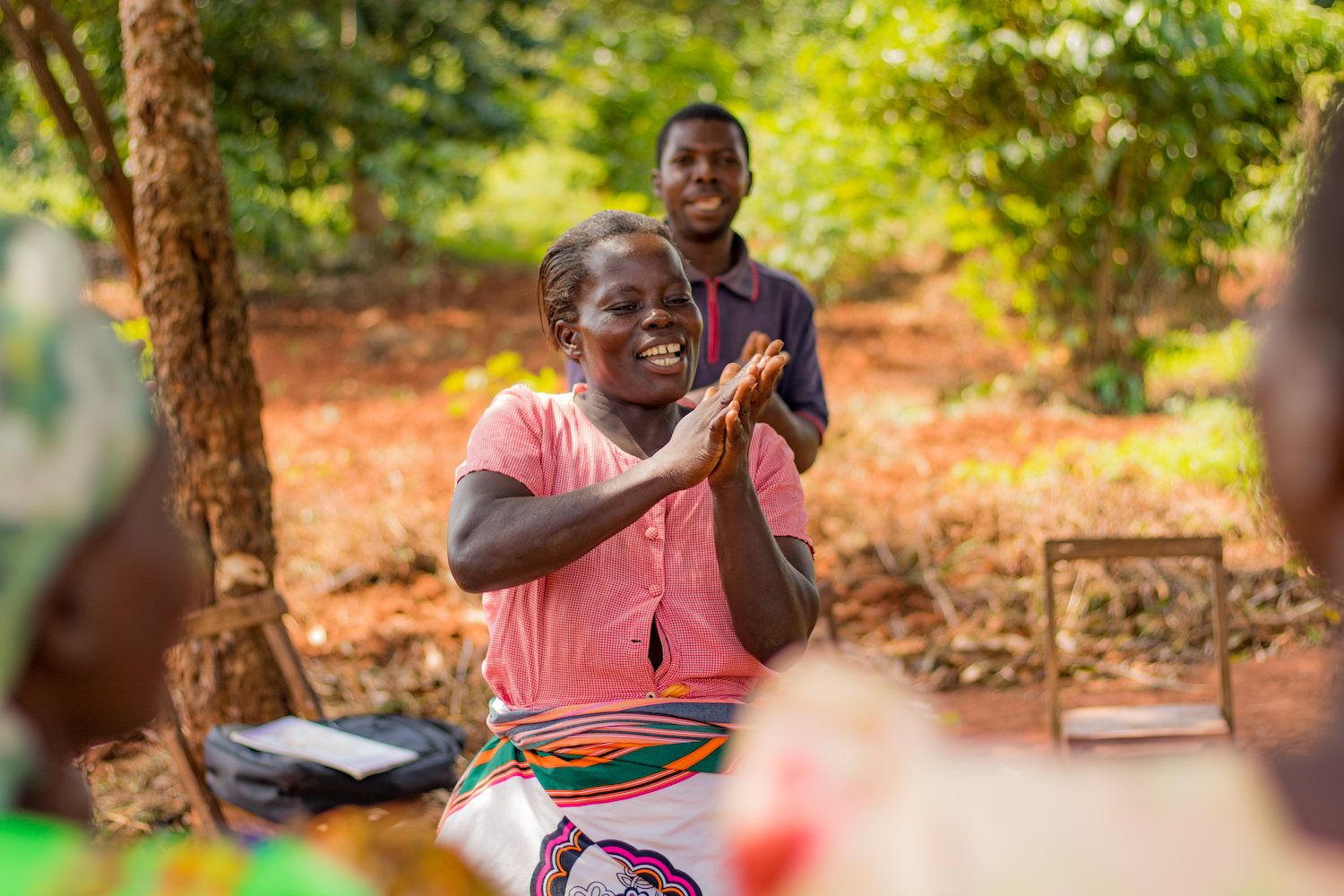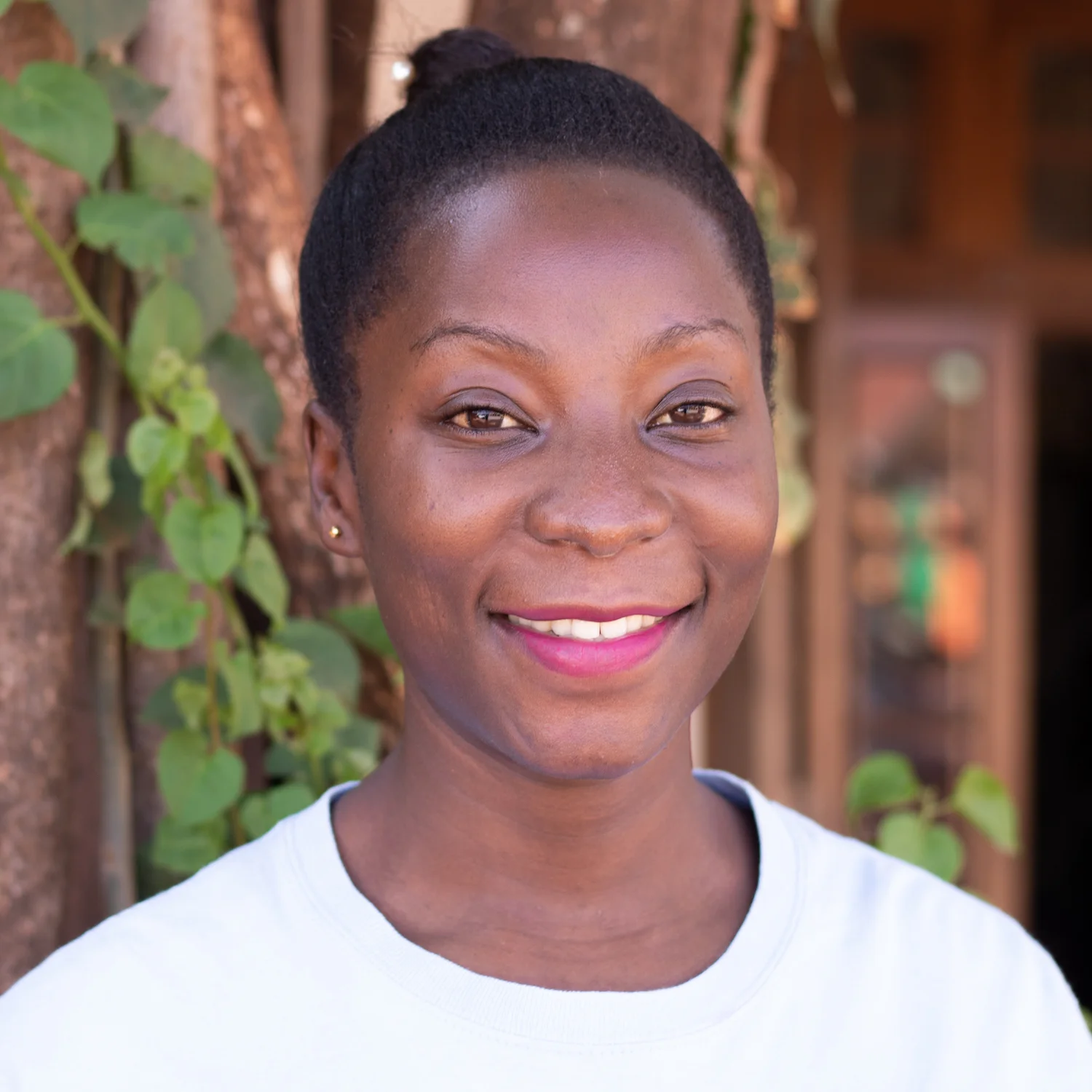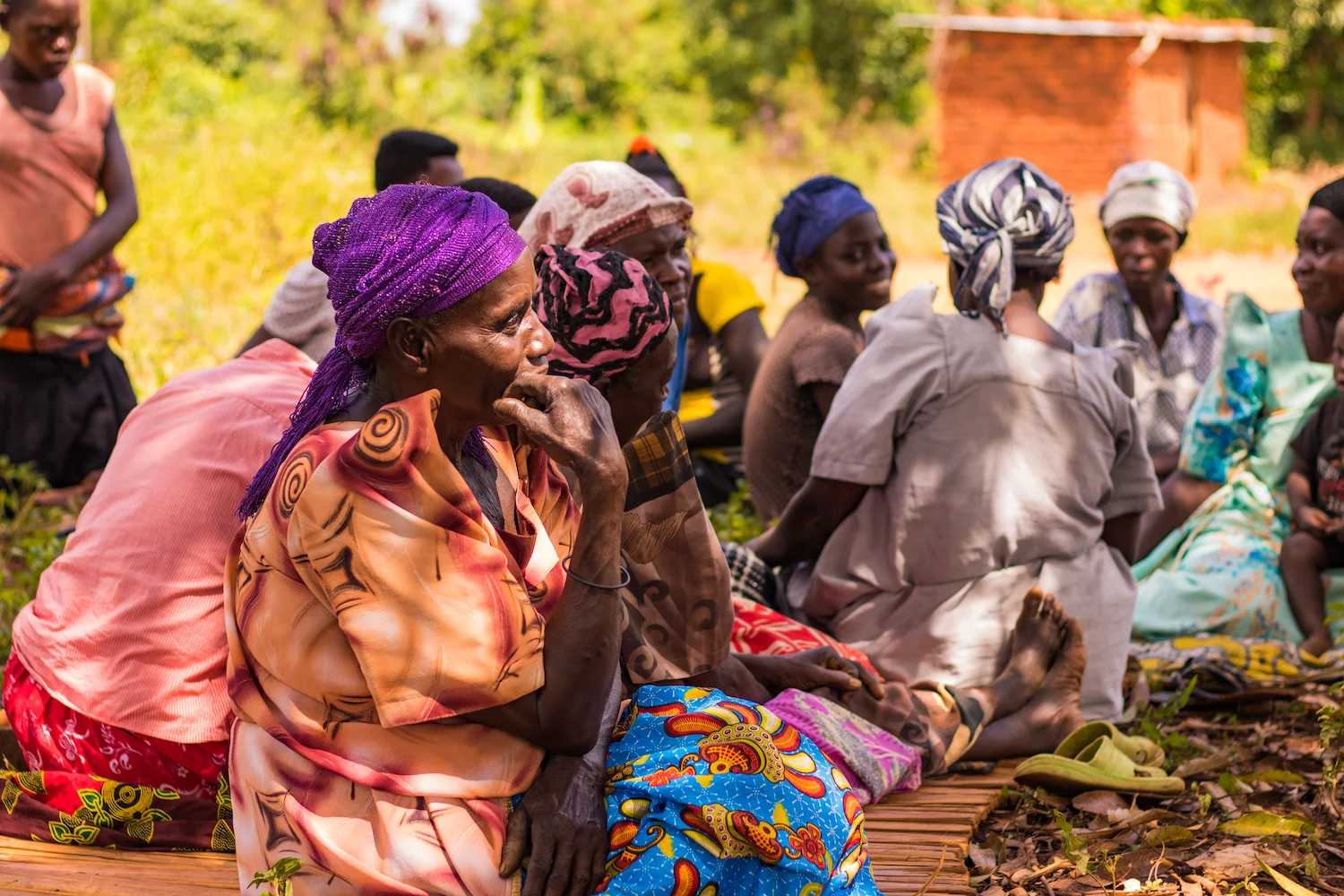We're investing big-time in health education. Here's why.
At Kibo, we are always innovating and improving. As our partner communities change, new challenges and opportunities arise — and the creativity of our staff is on full display when they do.
Health education is a prime example. For long-time friends of Kibo as well as casual observers, here’s why we are investing so much into health education:
A changing program:
The Health and Spiritual Empowerment curriculum has always included care for the body, especially for women during menstruation, pregnancy, birth, and motherhood. Program manager Ida Bazonoona — who started the program 10 years ago as Women’s Empowerment — knows that empowerment is often just as much physical as it is emotional, mental, or spiritual.
Ida’s curriculum covers Bible stories, anger management, care for poultry, and personal health and sanitation.
Adding a new staff member to the Empowerment program allows us to cover more villages while expanding the curriculum to be more holistic.
As our Empowerment program expanded to include men and children as well as women, Ida and the rest of the Kibo team recognized that we need a trained medical professional to help address the many physical challenges that people in the village face.
Irene Ngobi, a trained professional nurse, will take over the health section of the Empowerment curriculum, and she will be able to expand it beyond maternity care. Irene will not be treating illnesses; she will educate communities about how to prevent disease and illness, and she will give advice to people who are ill.
Irene was hired so recently that she hasn’t even started yet!
Why health education matters:
While plenty of people in our partner communities understand complex issues such as germ theory, STDs, and infection, superstitions and misinformation linger. Here are 5 common misconceptions about health that Ida and Irene educate against to ensure that our friends in the village flourish.
1) Urine and feces are an effective treatment for burns
False! It’s an old superstition that a mixture of urine and feces is the best way to cure burns. We educate community members about how urine and feces infect wounds, and we encourage them to clean all wounds with clean water and soap.
2) You can get HIV just by interacting with someone who has it.
Absolutely not. People with HIV/AIDS are often ostracized and isolated from their community for this reason. Many also believe that only the worst sinners get infected with HIV/AIDS. Women are particularly vulnerable, since they are usually blamed for the disease, even if they did not consent to the sex that infected them. We educate communities about how HIV/AIDS spreads, how to prevent it, and what to do if they’re infected. We also give them the tools to help them heal from spiritual wounds that HIV/AIDS can cause.
3) Menstruation is a curse.
Nope. “Menstruation is not dirty,” Ida tells communities. “It’s a way for the female body to cleanse itself.” Because they see menstruation as a curse, many communities see women as a curse, too. This justifies preventing women from participating in political and religious leadership. Ida informs communities that menstruation and women are blessings, and there is no reason that menstruating women should be barred from praying in church or participating in village activities.
4) Family planning is the woman’s job.
Not accurate. Many men believe that vasectomies reduce their manhood. There is also a stigma against condoms, expressed by the quip: “How can you eat sweets with the wrapper on?” In reality, there are many forms of birth control in which men can and should participate. Condoms in particular also decrease the spread of HIV/AIDS and other STDs.
5) No smell, no germs (courtesy of our WASH program).
Definitely not. Soap costs money, so if community members wash their hands with water and see no dirt and smell nothing foul, they believe their hands are clean enough. Of course, contaminants can be present even when we can’t perceive it. That’s why we work hard to help communities see just how dirty their hands are.
We’re happy to welcome Irene to our Health and Spiritual Empowerment staff to tackle dangerous misinformation and to better educate communities to care for themselves and their families. When people are empowered with the knowledge and skills they need to care for their bodies, the whole community is empowered. That’s the Kibo Way.







